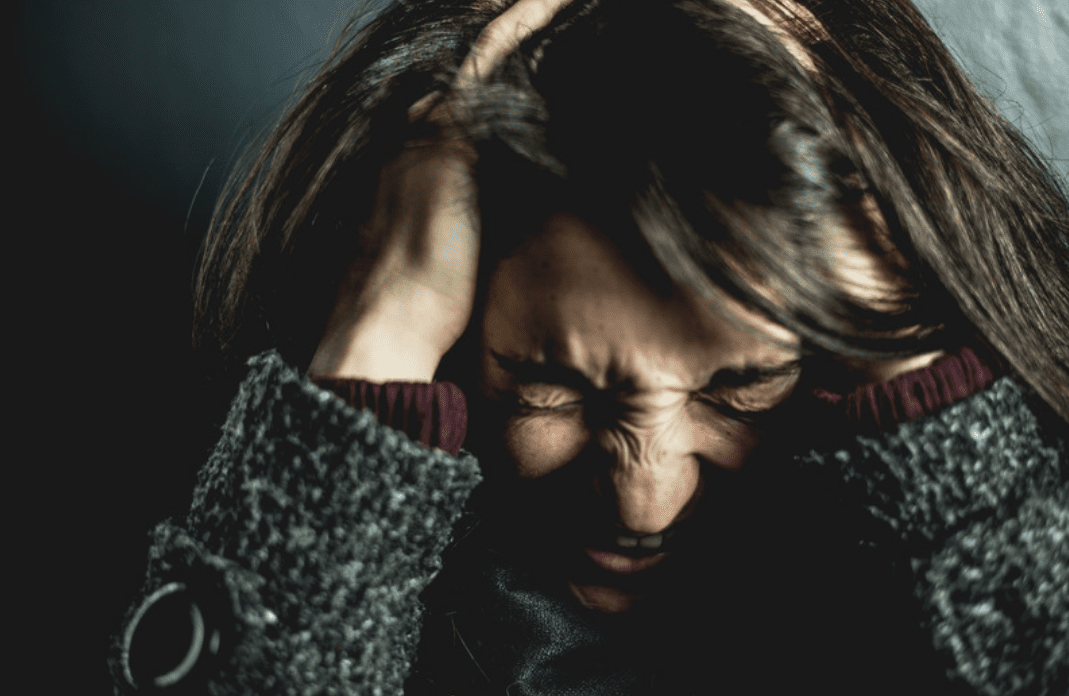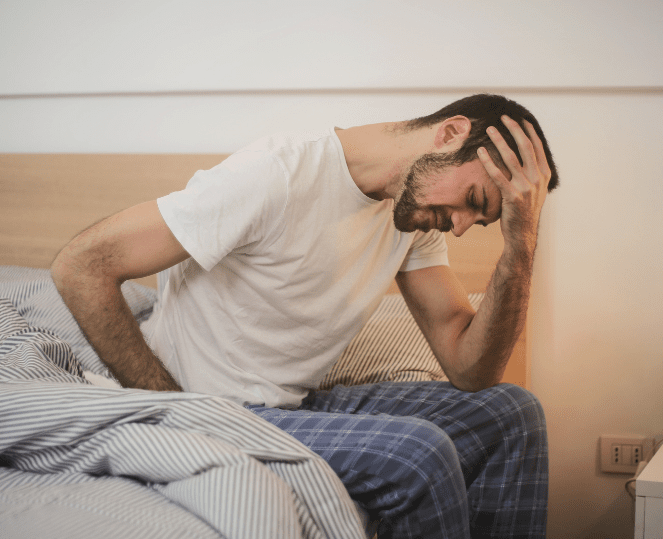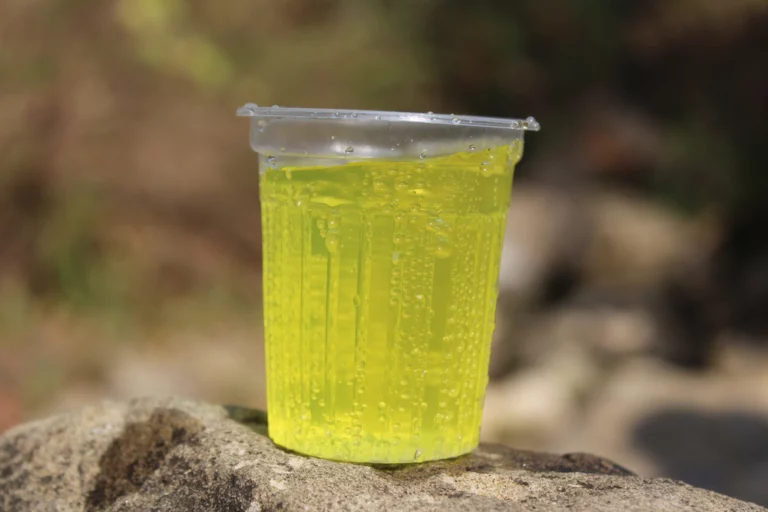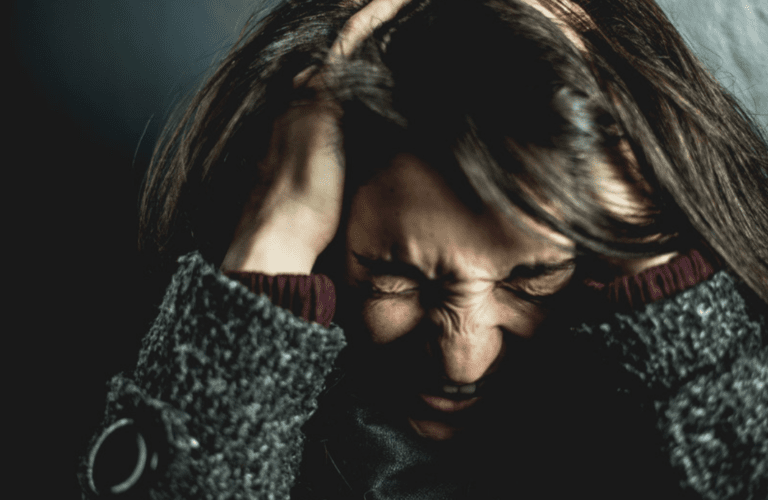What Is Withdrawal? How To Get Help
When a person has been using drugs habitually, their body begins to adapt to the effects of those substances, and develops a physical and psychological dependence on it. If they stop taking the substance, they will likely experience uncomfortable symptoms and intense cravings for a period of time, known as withdrawal. Withdrawal symptoms range in duration and severity, but generally have physical and mental manifestations.
Common Withdrawal Symptoms
Some substances have withdrawal symptoms that are specific to that drug, so it is important to be aware of the specific symptoms of withdrawal for any substances being taken. Abrupt withdrawal from certain substances, such as alcohol and benzodiazepines, can be life-threatening. In general, common withdrawal symptoms across the board may include:
- Intense craving for the drug(s)
- Excessive sweating
- Chills
- Headache
- Nausea and vomiting
- Severe muscle aches and pains
- Fever
- Insomnia
- Cold sweats
- Diarrhea
- Anxiety
- Irritability
Research continues to be done on withdrawal symptoms. One study done on the relationship between craving, anxiety, and other symptoms in opioid withdrawal states, “Craving and anxiety share many similar attributes including comparable responses to pharmacological agents. […] The high correlation between craving and anxiety suggests common mechanisms underlying both.”
How Long Does Withdrawal Last?
The length of time an individual will go through withdrawal from drugs depends on how long they have been on the drug, and on the amount they were regularly taking. Individuals who have only been using it for a short amount of time, in smaller quantities, will likely experience less severe withdrawal symptoms, and for a shorter amount of time. Those who have been heavy, habitual users generally experience a more extended withdrawal stage with more severe symptoms.
Typically, the first week produces the most challenging symptoms, as the physical craving will be at its most intense. After the second week, most of the physical symptoms will have subsided, but some psychological withdrawal symptoms may remain, improving over time.
How To Get Help With Withdrawal
When experiencing withdrawal from drugs, the safest course of action is to get in touch with a detox center. Detox is the medically-supervised process of purging the body of toxins and chemicals from drugs and alcohol. A detox center has highly-trained medical staff and addiction experts to answer any questions an individual might have, while monitoring them while they go through withdrawal. A stay at a detox center can last up to a week, with the average being several days.
If an individual is seeking addiction treatment, it is important to know that many treatment centers require an individual to detox from drugs before formally beginning the program. Some treatment centers have on-site detox centers as part of their offerings, while others have trusted facilities that they recommend. Upon intake and assessment to a treatment center, it may be decided that an individual first needs to detox, and generally the treatment center can oversee and facilitate that entire process.
Oasis Recovery Can Help
If you or someone you love has developed an addiction or dependency, we encourage you to reach out to the professionals at Oasis Recovery to learn more about the detox process and our personalized treatment programs and mental health services. Recovery is always possible. Our experts work with you to design a treatment plan that fits your needs. Common treatment programs include:
- Intensive Outpatient Programs (IOP)
- Partial Hospitalization Programs (PHP)
- Aftercare Services
Oasis Recovery is here to help you get through the difficult withdrawal stage of addiction. You do not have to struggle alone. Contact us today for more information about how our programs and services can help you get your life back on track.











